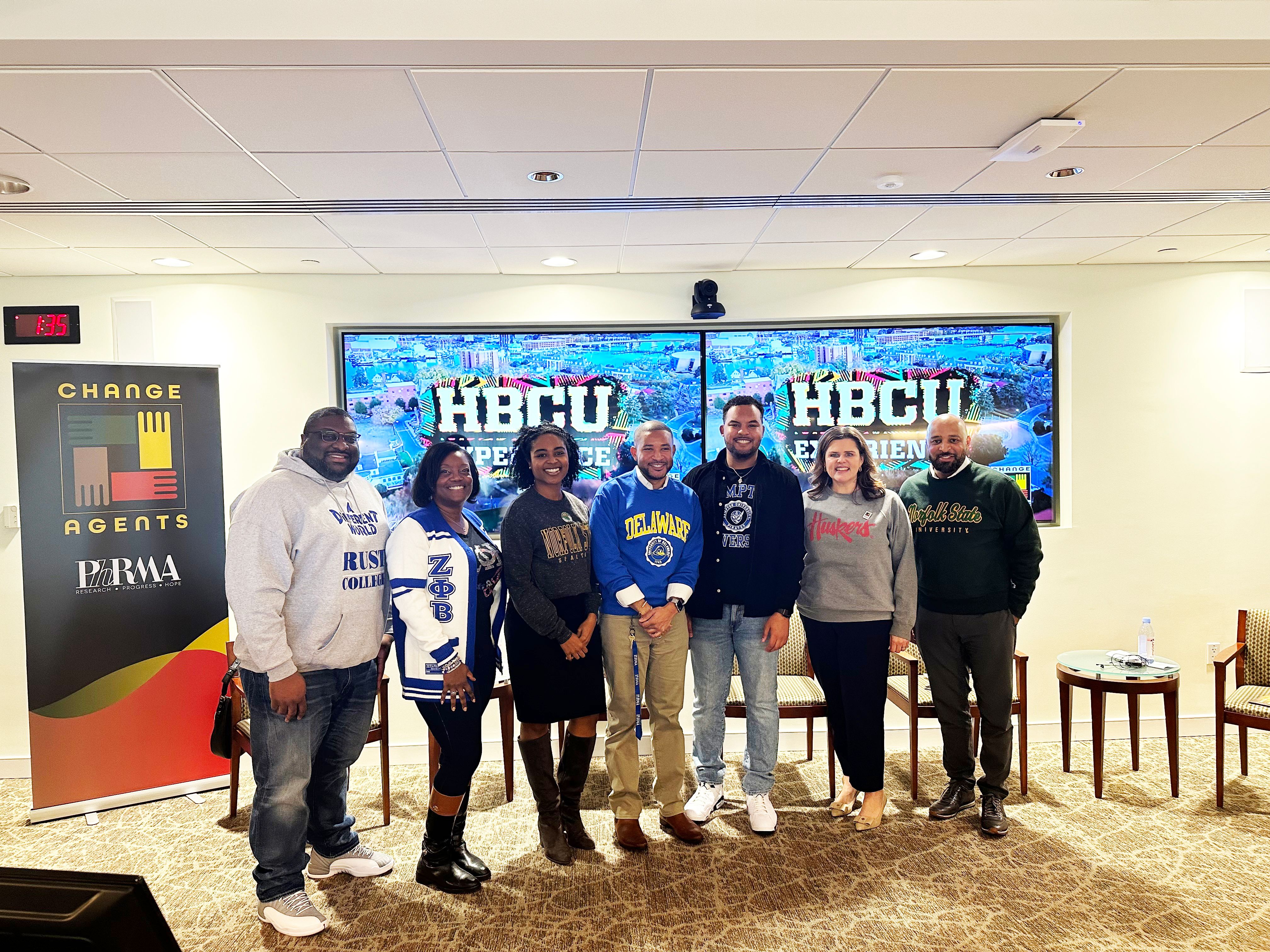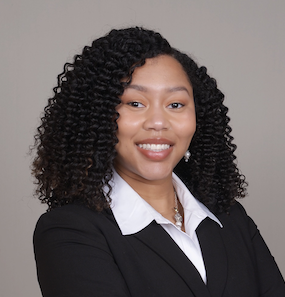Historically Black Colleges and Universities (“HBCUs”), federally designated as any college or university established prior to 1964 with the principal mission of educating Black Americans, play a pivotal role in the education of people of color and in our society. In 1837, Cheyney University of Pennsylvania made history by becoming the first Historically Black College and University (HBCU) in the United States. Since then, 98 more HBCUs have been established across 19 states, the District of Columbia, and the U.S. Virgin Islands. Although HBCUs make up only three percent of the country’s colleges and universities, they enroll 10% of all African American students and produce almost 20% of all bachelor degrees granted to African Americans. In addition to their significant impact on education, HBCUs contribute approximately $15 billion annually in GDP and generate 134,090 jobs for their local and regional economies.
Despite such a significant, positive impact on both the U.S. economy and the Black community, HBCUs have faced continued financial hardship due to decades of structural racism, resulting in inequitable funding at both the federal and state levels. For example, the average HBCU endowment is 1/8th the size of non-HBCUs, with the smallest Ivy League endowment being $6.5B, greater than the endowments of all HBCUs combined at $5.2B. Consequently, HBCUs rely heavily on tuition dollars and are mission-driven institutions providing college access to black students, many of whom have limited financial resources. Nevertheless, HBCU’s have consistently produced top talent, with approximately a quarter of the degrees earned by Black students in science, technology, engineering, mathematics (STEM) being awarded by HBCUs since the early 2000s. These schools serve as e critical pipelines for Black Americans to enter the middle class; so they cannot afford to increase the cost of attendance to offset losses, financial divestment, or policy changes. Despite these setbacks, the contributions of HBCUs to the American workforce and culture are undeniable. We can only imagine that given the appropriate attention, advocacy, and financial backing; the sky is the limit! More than ever, now is the time to include HBCUs in this country’s ongoing commitment to elevate and sustain all our institutions of high learning, bearing in mind the crucial role HBCU’s play in providing fair access to higher education and fostering a more diverse, inclusive, and productive society.
In this vein of increasing diversity in STEM and building a workforce that better reflects the diversity of the United States, PhRMA holds an annual Graduate Summit and Career Expo as a part of the Talent pillar of PhRMA’s Equity Initiative. The Pathways to Success Summit and Career Expo brings together undergraduate and graduate students, postdoctoral trainees, faculty, PhRMA member companies, and other community partners. Last year, PhRMA had over 750 participants registered across 224 schools and 368 resumes were distributed to member companies for opportunities in the biopharmaceutical industry.
This week, in observance of Black History Month, PhRMA hosted an HBCU panel to discuss the significance of historically black colleges and universities and their contributions to the pharmaceutical industry. Lori Reilly, Chief Operating Officer, moderated the panel with questions and comments from the audience.
Jackie McRae, Director of Policy, Research, and Membership at PhRMA mentioned how her attendance at Norfolk State University helped her develop a better appreciation for her blackness and how it is not a devaluing factor in her life but an uplifting one. Panelist Britton Smith, Senior Director of Membership at REFROM Alliance, a legacy of HBCU’s mentioned how his selection process may have been different from his families, but he knew he would attend an HBCU. He affectionately attended Rusts College in Mississippi. Panelist Paul Merrick, Senior Director a National Accreditation and Quality Consultant, noted it was the culture and encouragement through his high school experience that brought his attention to attend Norfolk State University. Panelist Rhonda Anderson, who attended the University of Philadelphia, tells a different story of where she attended a PWI and has since learned, through the college tour journey with her children, the importance of the HBCU experience.
Along with the panel discussion, staff at PhRMA were asked to show appreciation for their representative schools by wearing their colors. Many wore T-shirts, baseball caps, brought office items and other paraphernalia to represent over 100 over colleges and universities across the US.



